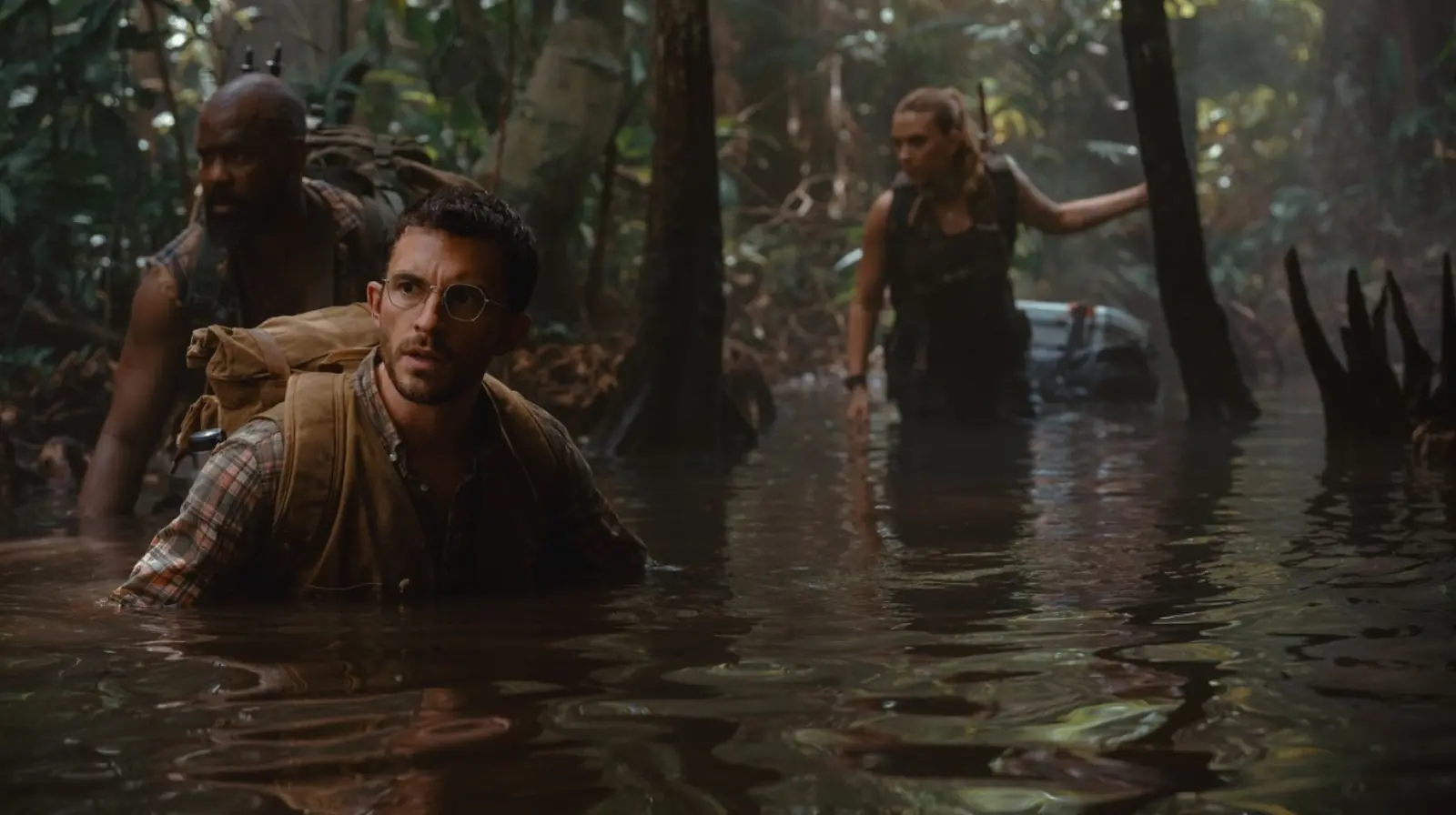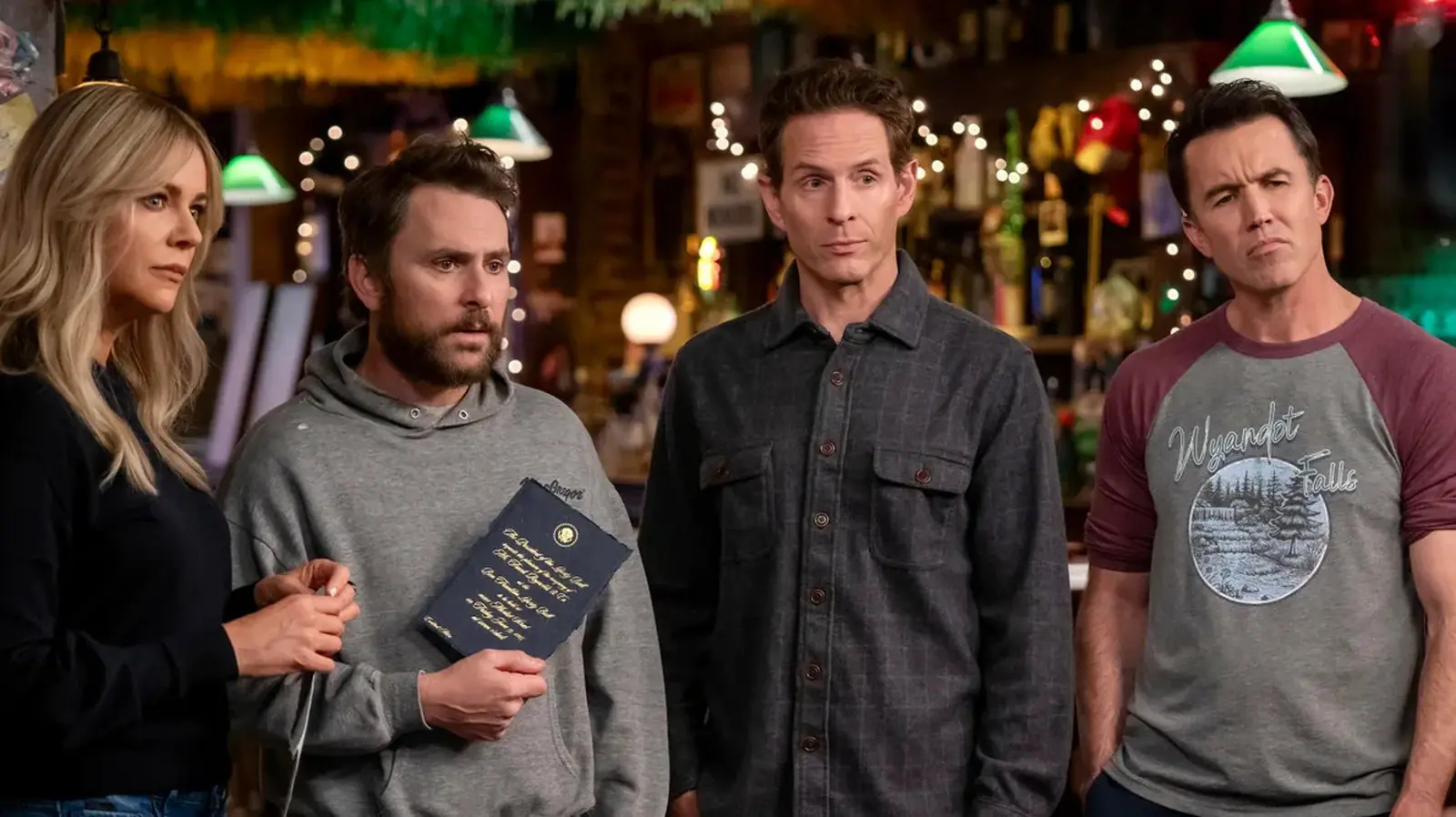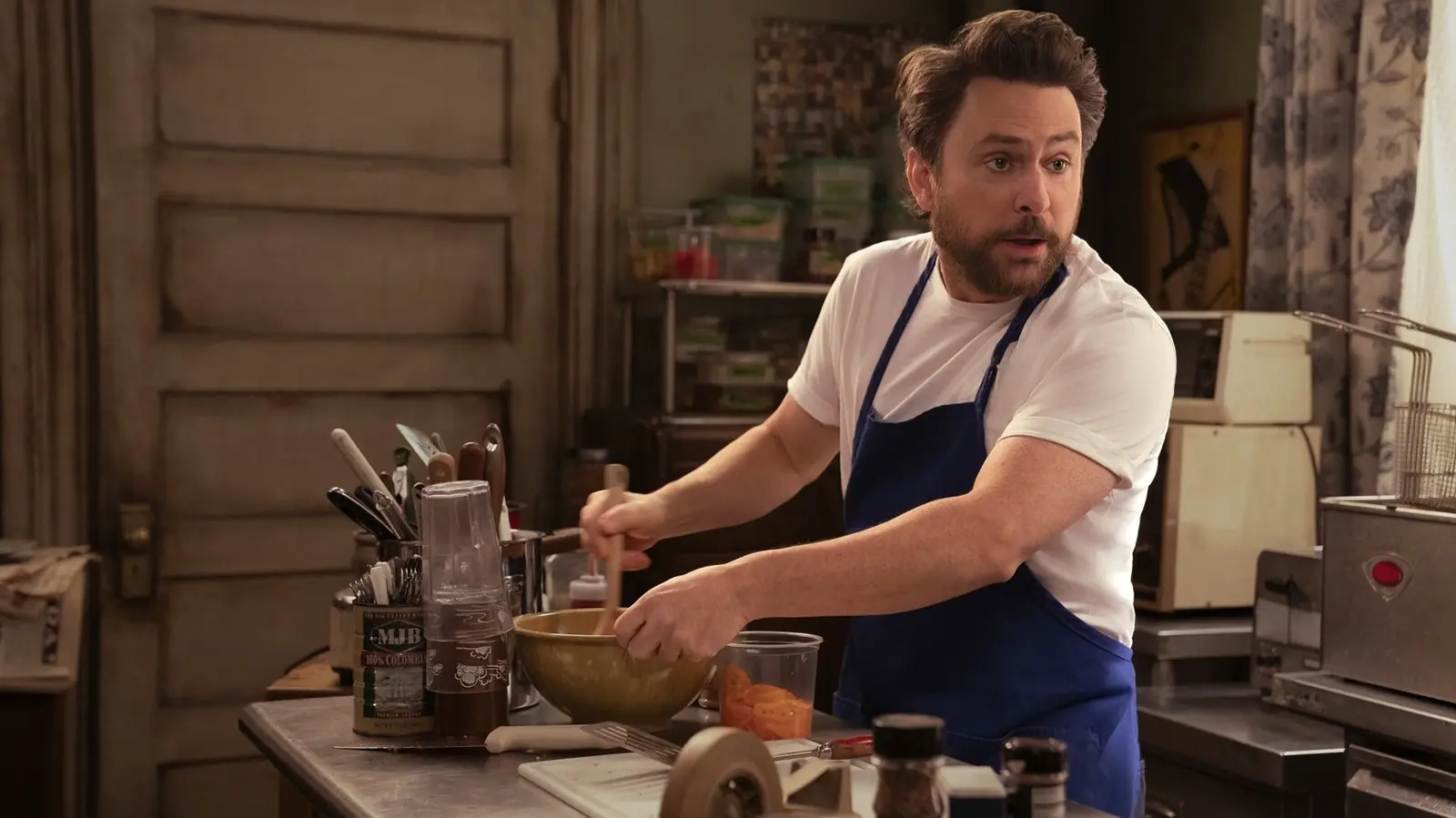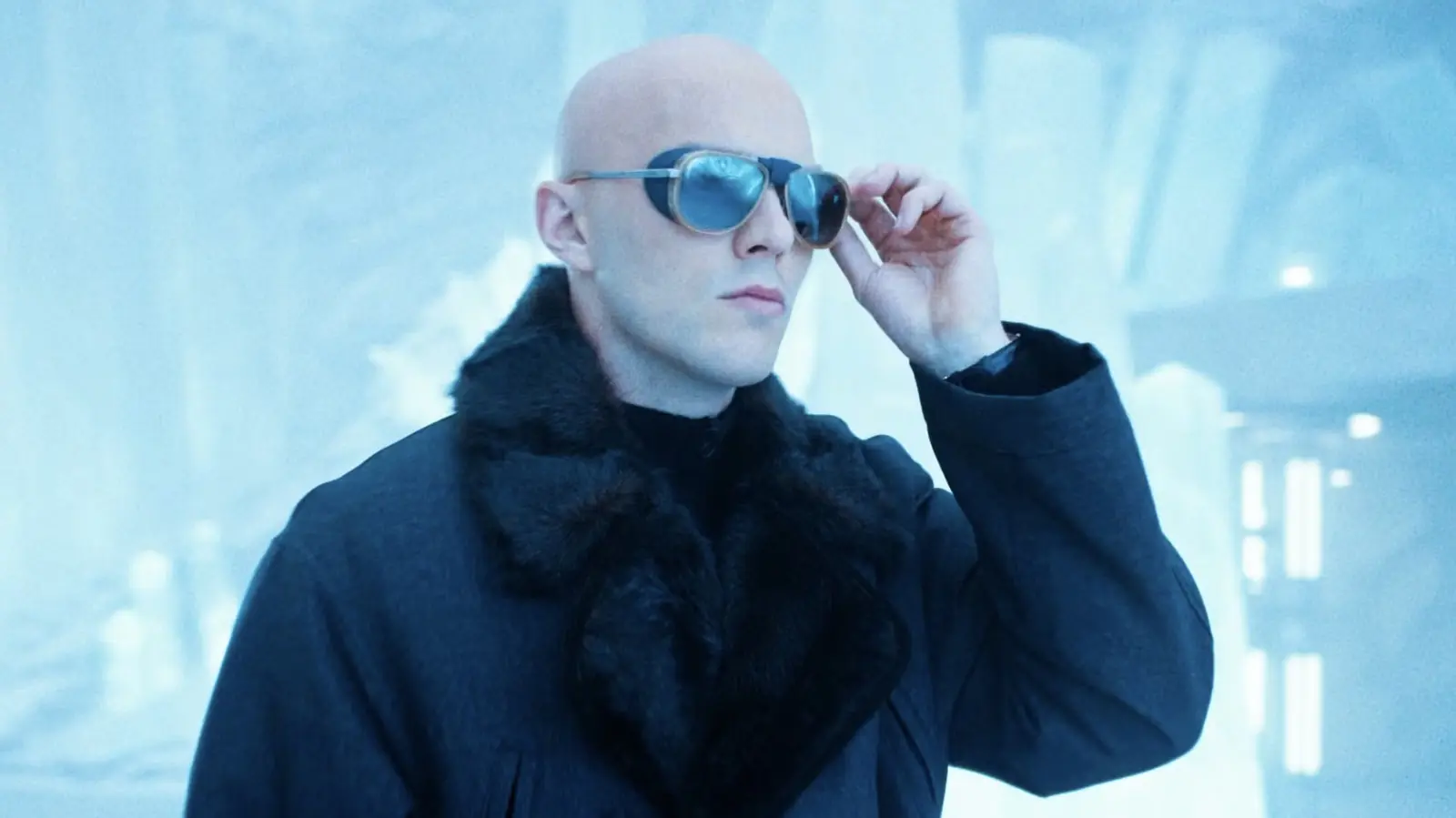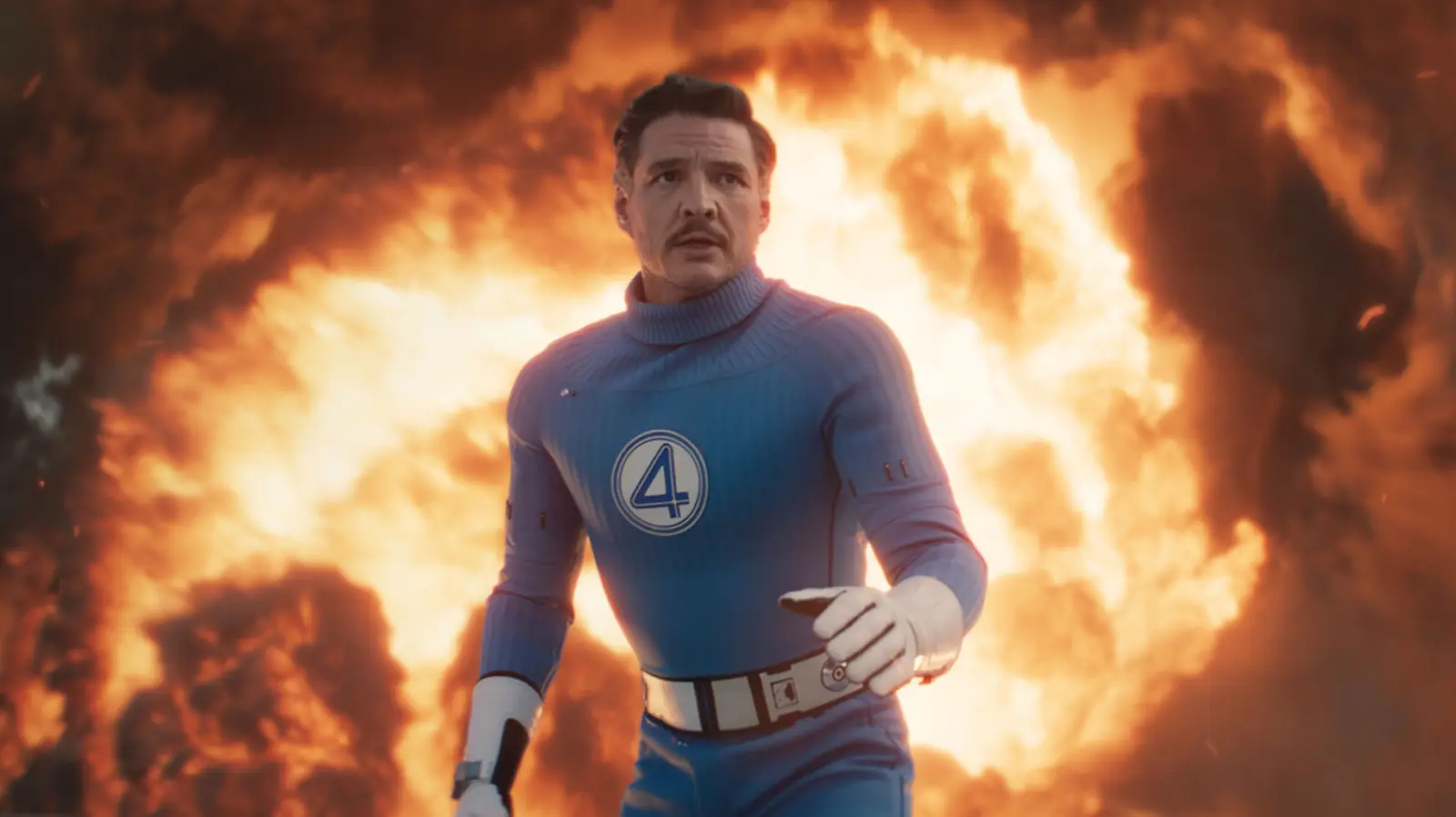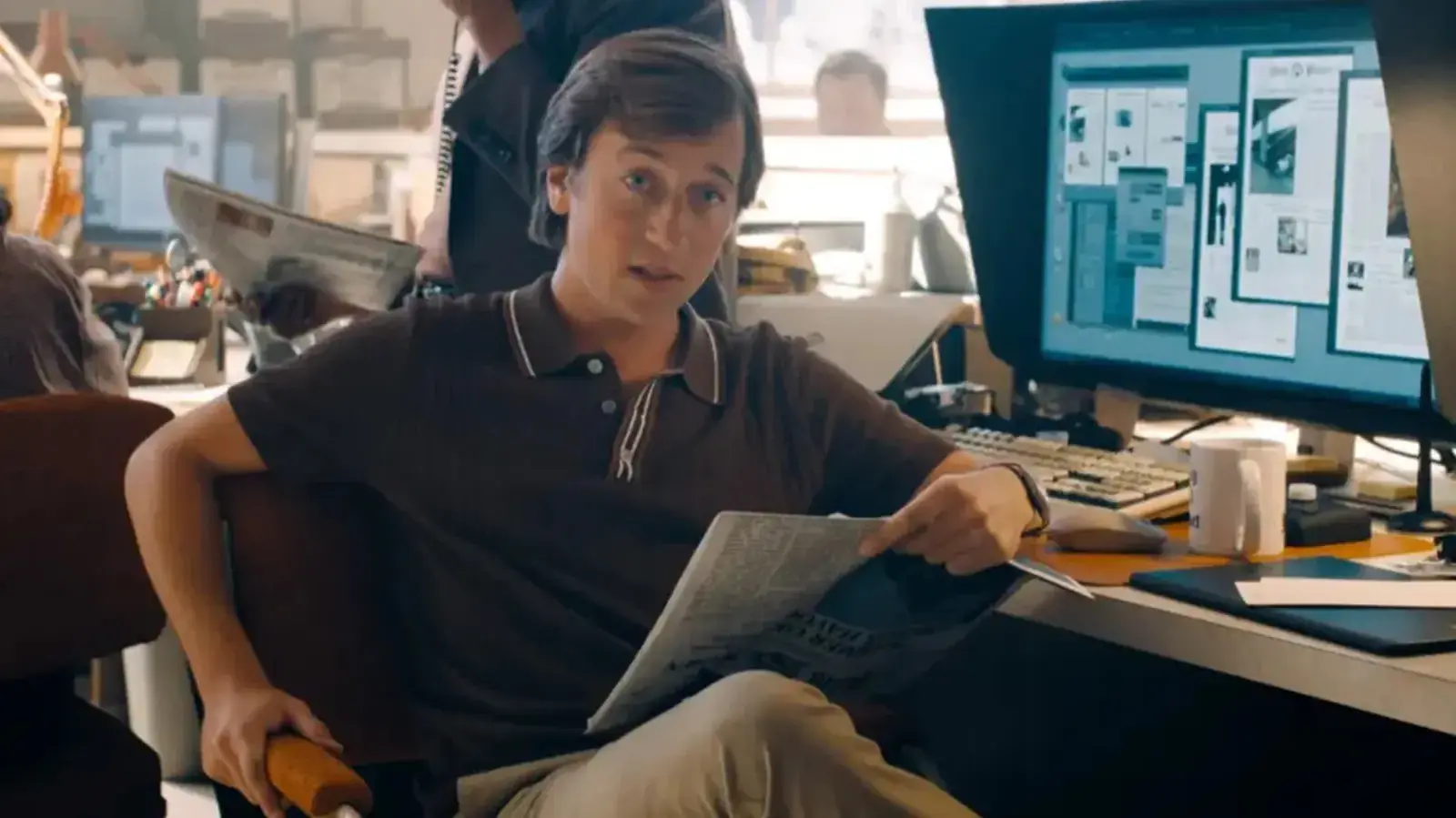The “Jurassic Park” franchise has always been rooted in the fantastical yet seemingly plausible science fiction scenario: What if we could bring dinosaurs back to life? With the advent of the “Jurassic World” series, this concept was expanded upon, introducing not only dinosaurs but also genetically engineered hybrid creatures and the ethical quandaries that accompany such creations. However, with the release of the newest installment in the “Jurassic World” series, there seems to be a significant oversight regarding an essential plot point from its predecessor, “Jurassic World: Fallen Kingdom.”
“Fallen Kingdom” was noteworthy for its daring expansion of the dinosaur narrative beyond mere genetic resurrection. One particular revelation stood out: the successful cloning of a human. The introduction of Maisie Lockwood, a cloned human girl, pushed the boundaries of the franchise’s scientific plausibility and opened up a plethora of potential narrative arcs for the future of the series. Fans were left contemplating the profound implications of such a development. Would there be ethical debates on human cloning? Could it lead to undisclosed advancements in cloning technology? Many anticipated how these threads would weave into the fabric of the subsequent movie.
Yet, as viewers immersed themselves in the newest “Jurassic World” cinematic endeavor, it became startlingly apparent that this monumental discovery was left largely unexplored. Despite being a revolutionary plot twist with far-reaching consequences, the storyline seemed to take a backseat, overshadowed by traditional dinosaur action and the chaos narrative familiar to the franchise. This decision by the filmmakers has sparked both confusion and criticism from audiences and critics alike, who were eager to see how the story of Maisie Lockwood might evolve and intertwine with humanity’s Jurassic future.
So, why did the newest film gloss over such a significant plot point that had the potential to redefine the series completely? While the reasons remain speculative without official confirmation, several factors might contribute to this storytelling choice. First, there is the possibility that the filmmakers decided to focus more on the familiar elements that have traditionally drawn audiences to the franchise: the encounter between humans and dinosaurs, thrilling action sequences, and high-stakes survival scenarios, which have been the core appeal since the series’ inception in 1993.
Additionally, the burgeoning area of human cloning is fraught with ethical controversies. Engaging with these topics might have detracted from the central themes of adventure and action that are hallmarks of the franchise. Tackling the ramifications of human cloning in a nuanced manner could require a careful balance between entertainment and a thoughtful exploration of its implications, which might not have aligned with the film’s intended pace and style.
Still, the omission hs left fans wondering about potential missed opportunities. The introduction of human cloning could have ushered in a new era of storytelling within the “Jurassic” universe. What if the technology fell into the wrong hands, leading to cloned armies or the distortion of natural life? Could the moral dilemmas faced by society in such scenarios serve as impactful allegories for current scientific debates in the real world?
The potential integration of such themes holds the promise to elevate the storyline from a conventional action movie to a profound narrative experience. By circumventing the human cloning thread, the franchise also sidesteps an opportunity to engage in deeper commentary on the ethical ramifications of genetic manipulation, a topic increasingly pertinent as real-world science catches up to science fiction.
Despite this narrative oversight, the latest “Jurassic World” maintains its record as a high-octane adventure, featuring cutting-edge special effects, breathtaking visual elements, and the heart-stopping moments audiences have come to expect. The sheer scale and dynamism of the dinosaur portrayals continue to captivate viewers around the globe, drawing audiences in with the timeless allure of witnessing once-extinct creatures brought to life on the big screen.
The film continues to explore the theme of human interference with nature and the unforeseen consequences of playing god, a core philosophical tenant of the series. Through its storyline, the conflict between the preservation of prehistoric life and ensuring human safety is further examined, albeit through familiar archetypes and plot mechanisms that resonate with viewers, loyal to the franchise’s cinematic heritage.
As the “Jurassic World” series progresses, there exists an opportunity to revisit the storyline of human cloning and its implications, should the filmmakers choose to do so. While the current film may have dodged the issue, it’s possible that future installments could dive deeper into these uncharted waters, providing audiences with both entertainment and thought-provoking narratives.
In conclusion, while the latest “Jurassic World” film delivers on its promise of action-packed dinosaur drama, it conspicuously sidesteps the groundbreaking revelation of human cloning introduced in “Fallen Kingdom.” This decision has not gone unnoticed by eager fans and critics who have long pondered the possible narratives stemming from this development. Moving forward, the challenge for the franchise will be to balance its core elements of thrilling dinosaur depiction with the profound implications of its scientific innovations, offering an enriched viewing experience that honors both the spirit of discovery and the cautionary tales at its heart.

